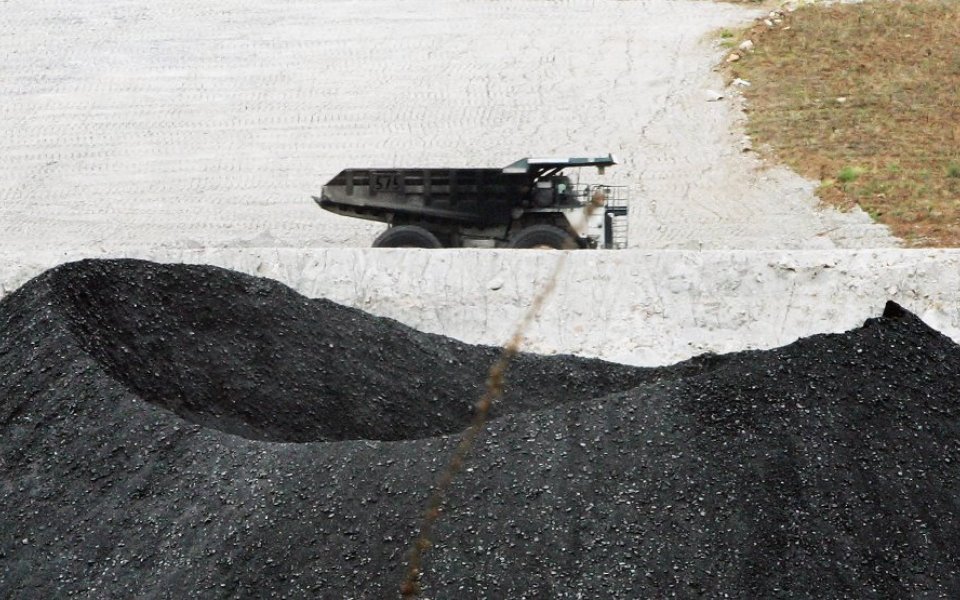At the close: FTSE 100 index closes lower on miners

The FTSE 100 closed down today, led lower by miners after having made gains yesterday.
The UK's top blue-chip index closed 0.28 per cent down, at 6,375 points, led lower by Anglo American and Glencore, after negative data from China was released showing that Chinese industrial profits fell 4.6 per cent in October.
Miners, other than BHP Billiton, yesterday led the index higher, but largely fell on the last trading day of the week. BHP Billiton's share price shed 3.07 per cent to close at 807.6p per share.
Read more: FTSE 100 enjoys best back-to-back gains since October
And Anglo American closed 8.18 per cent down at 400.15p per share, having fallen as much as 9.2 per cent to a record low earlier in the session.
Glencore's share price fell also fell 4.17 per cent to 91.88p, while Rio Tinto fell 3.17 per cent to 2,199p per share and Fresnillo's share price fell 4.54 per cent to 715p. Antofagasta's share price also fell 4.02 per cent to 496.7p.
And with Gold falling to a near six-year low, Randgold Resources also lost 4.29 per cent to 3,997p per share.
"The mini-rout in China meant it was the more Asia / emerging market-sensitive names propping up the FTSE 100," said CMC Markets analyst Jasper Lawler. "Anglo American fell over seven per cent while gold-miners Fresnillo and Randgold dropped heavily tracking the $15 drop in the price of gold. In the financial sector, Aberdeen Asset Management, HSBC and Standard Chartered were all top fallers."
Read more: Gold falls to a near six-year low
Meanwhile shares of Standard Chartered are near six-year lows ahead of the results of Bank of England stress tests next Tuesday. The focus of the tests is dealing with troubles in emerging markets, something Standard Chartered is especially exposed to. Its share price closed 1.26 per cent down at 558.5p.
But the share prices of Rolls-Royce and Babcock International both rose, by 0.83 per cent to 606.75p and 1.4 per cent to 1,085.5p respectively, due to global security fears.
"All this geopolitical tension is helping these defence stocks, and the fact that they are going to increase the anti-terrorist spend is aiding and abetting these moves upwards," London Capital Group's Kelly said.